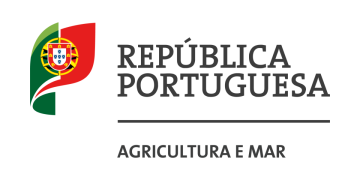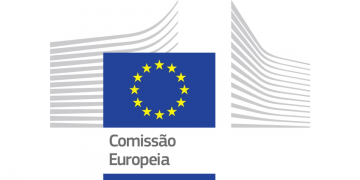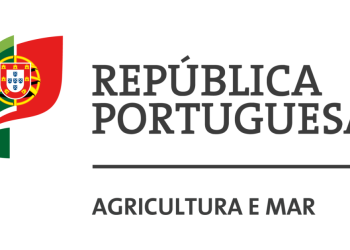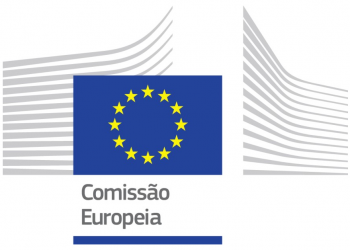Major improvements to EU agriculture rules will come into force on 1 January 2018 following the adoption by the Council of agriculture ministers and the European Parliament of the agriculture and rural development part of the so-called Omnibus regulation. This regulation amends the financial regulation governing the implementation of the EU budget as well as 15 sectorial legislative acts, including in the field of agriculture.
The Omnibus simplifies and strengthens existing EU rules on a wide range of agriculture issues from risk management to support for young farmers, and is the latest in a series of simplification and modernisation measures implemented by the Commission.
Commissioner for Agriculture and Rural Development Phil Hogan said: “I welcome the developments in the European Parliament and the Council, which pave the way for the implementation of a series of significant simplification measures, which will make the lives of farmers and other CAP beneficiaries easier. These include the important areas of simplification of the rules for financial instruments, the improvement of risk management tools and greater flexibility for the active farmer provision. I want to acknowledge the role and hard work of the EP rapporteurs and the Estonian Presidency during the trilogue process for ensuring that these simplification measures will be available to farmers from 1 January 2018. The adoption last month of the Commission’s Communication on the CAP is further evidence of our commitment to continue with the agenda of bringing greater and much-needed simplification to our farmers and all stakeholders.”
Wide-ranging provisions
Among the key improvements included in the Omnibus are:
- Stronger support for farmers’ position in the food supply chain. The new rules will include value sharing clauses to be negotiated by every product sector, and give farmers the right to ask for a written contract for the first time (unless trading with SMEs);
- Simpler risk management tools to help farmers, including a sector-specific income stabilisation tool and improvements to insurance schemes that will allow compensation of up to 70% for farmers whose production or income is cut by at least 20%;
- Clearer rules governing intervention in markets, allowing the Commission to act rapidly to address market failures without having to use public intervention or private storage measures;
- Greater flexibility for Member States to support specific sectors of economic, social or environmental importance through voluntary coupled support, even when these sectors are not in crisis;
- Clearer rules on support for farmers, notably through more flexibility on the definition of active farmers and stronger incentives for young farmers, with an increase in additional payments from 25% to 50% and guaranteeing all young farmers the right to the full five-year allowance for these payments, regardless of when they apply for them within their first five years of their setting-up;
- Improved environmental measures including simpler rules on crop diversification and the addition of three new types of ecological focus area focused on nitrogen-fixing crops, giving farmers and national authorities more options to suit their particular circumstances.
With a clear emphasis on more flexible and less bureaucratic rules, as well as a focus on improving results in key areas such as environmental action and support for farmers, the changes proposed through the Omnibus are fully in line with the new approach to the CAP after 2020 outlined in the recent Communication on the Future of Food and Farming.
Background
Adopted by the Commission in September 2016, the Omnibus proposal comprises a series of changes to the Financial Regulation and amendments to a number of other spending regulations, including the four CAP regulations. These amendments aimed to bring forward much needed simplification to the implementation of the policy following the experience acquired since the last reform of the CAP adopted in 2013.
After intensive negotiations in four trilogues during the summer and autumn 2017 an agreement on the agricultural provisions was reached between the Commission, European Parliament and Council on 12 October 2017. Taking into account that negotiations on other parts of the Omnibus proposal are still to be finalised, and the desire of many Member States to implement the agreed proposals as soon as possible, the European Parliament and the Council agreed to separate the agricultural provisions of the Omnibus and adopt them as a stand-alone regulation that would enter into force at the latest on 1 January 2018.





















































Discussão sobre este post